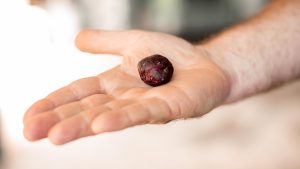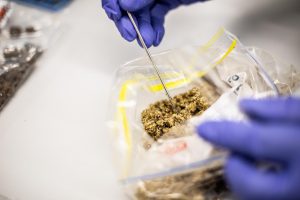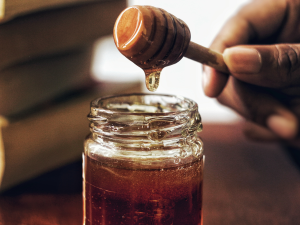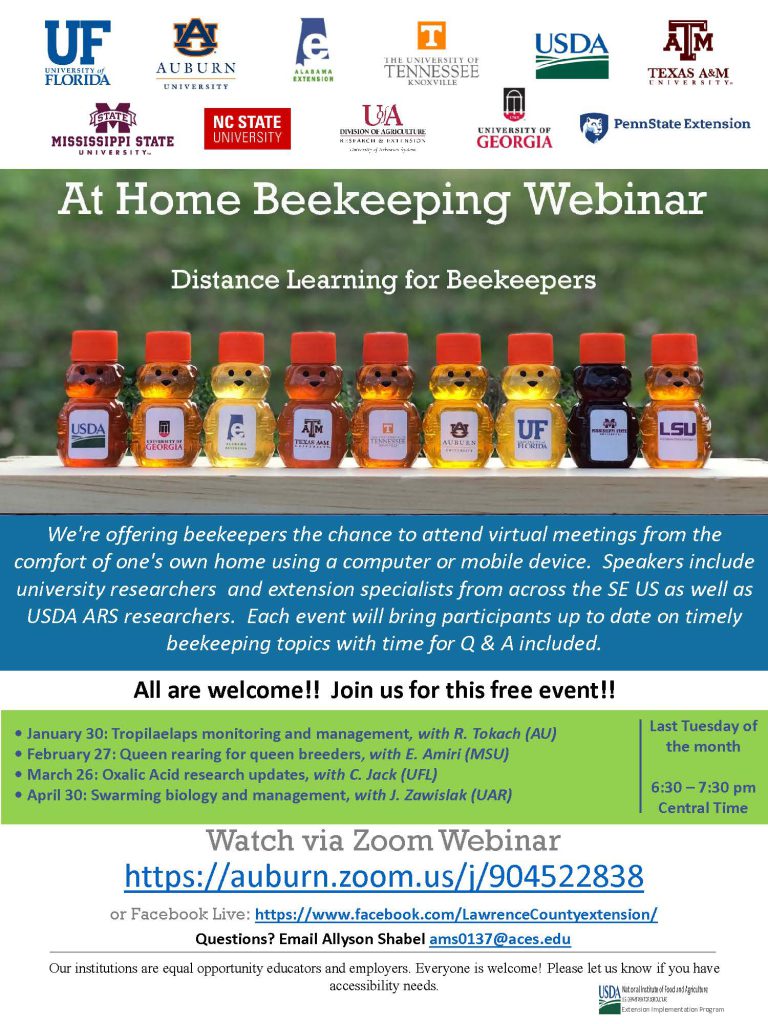
Propolis is a sticky resinous substance found in bee hives.
Beekeepers look to untapped potential of propolis, or ‘bee glue’, as alternative revenue stream
A by-product of honey production largely discarded in Australia could provide an alternative income source for beekeepers across the country.
Hidden within the walls of their hives, bees blend up a unique mix of materials that scientists believe holds untapped potential in Australia.
Propolis is a sticky, resinous substance that’s sometimes referred to as “bee glue”.
Bees use propolis as a powerful sterilising agent as well as to seal gaps in their hives against predators and the elements.
‘Propolis is used by the bees because they don’t have an immune system,” Queensland beekeeper Murray Arkadieff said.
“Bees forage within a 7 kilometre radius of the beehive, so that means they cover about 210km²,” he said.

Murray Arkadieff has been a beekeeper his entire life.
Mr Arkadieff said the bees were able to look throughout that 210km² and search for parts of plants that could be used to polish their hives.
The bees not only forage for nectar and pollen, but also for other parts of the natural environment such as sap or bark.
“They bring that back to the beehive and they can mix it all together and it turns it into a really strong antimicrobial, anti-fungal, antiviral and antibacterial material, which they polish their entire hive with,” he said.
Propolis and its medicinal wonders
Propolis also has benefits for people and is used in many different countries in medicines, dietary supplements, and cosmetics.
“Propolis contains high polyphenolic compounds,” organic chemist from the University of the Sunshine Coast Trong Tran said.
“Australian propolis is very diverse and it also shows very comparable, even higher antioxidant activities compared with the other well-known propolis in the world, Dr Tran said”
Despite being part of a well-established industry elsewhere, in Australia there isn’t large-scale commercial propolis harvesting and processing.
“We’ve always mainly been focused on liquid honey production,” Mr Arkadieff said.
“It’s not something that Australians have looked into in a massive way, which is why it’s such an exciting opportunity for the industry.”
Peter Brooks is part of the research team from the University of the Sunshine Coast that has been part of the Australian Propolis Project, an initiative supported by the federal government’s Agrifutures organisation.
“When we started talking to beekeepers about what they were interested in they were saying: ‘Well this propolis product that they throw out, it’s got a lot of value, so how could we use that in some of our research?” Dr Brooks said.

Samples of propolis were collected from different areas around the country and were sent to the lab to be analysed.
“Like everything, if you’re throwing something away that you could be making money for — it could be a new source of income.”
To begin with, scientists needed to ensure that Australian propolis was valuable, given its specific properties were largely unknown.
A buzzing opportunity for beekeepers
Hive and Wellness Australia, formerly known as Capilano, asked its 1,200 beekeepers nationally to consider participating in a trial collection of propolis.
Samples collected from all over the country were sent to the University of the Sunshine Coast for analysis.
“Of those samples that came back I think there was around 55 per cent that showed high antioxidant compounds,” said Jessica Berry, an industry liaison officer with Hive and Wellness Australia.
Dr Tran leads the research team, which is focused on finding out which samples hold the higher antioxidant value, and why.
He thinks one reason might be that about 80 per cent of Australia’s plants are endemic, and so aren’t found anywhere else.
“So we can expect that Australian propolis is unique to other areas in the world,” he said.
The complete article can be found at; https://www.abc.net.au/news/2023-07-23/australian-beehives-propolis-alternative-revenue-for-beekeepers/102625256o
We are here to share current happenings in the bee industry. Bee Culture gathers and shares articles published by outside sources. For more information about this specific article, please visit the original publish source: https://www.abc.net.au/news/2023-07-23/australian-beehives-propolis-alternative-revenue-for-beekeepers/102625256o








